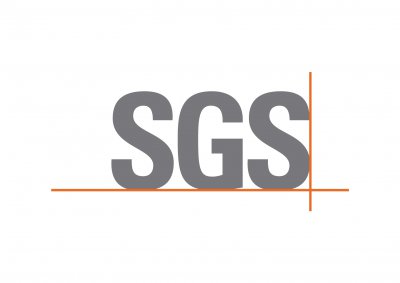
SGS Taiwan Ltd.
SGS Group's service in Taiwan has officially entered its 70th anniversary, now with more than 3,000 professional employees.
Our Taiwanese headquarters located in the New Taipei Industrial Park, offers a network of over 17 laboratories to serve various customer needs.
Under the world wave of sustainable recycling and circular economy, we provide comprehensive solutions for various domestic industries through a one-stop service integrating testing, certification, inspection, and training to meet the diverse needs of enterprises and organizations.
SGS has been deeply involved in sustainability for more than 25 years. With our global network resources, technical experts and international standards certifications, including ISO 14068, ISO 14067, ISO 14064, BS 8001, ISO 46001, and more. We can help you build a circular economy, create a sustainable supply, and finally move towards net zero!
ISO 14040 Life Cycle Environmental Assessment and Impact Assessment
Solution Description
ISO 14040 Life Cycle Assessment (LCA) refers to the assessment technology of environmental considerations and potential impacts in the life cycle of products or services from raw material acquisition, manufacturing, distribution, and sales, use to waste treatment and recycling, emphasizing the scientific basis Quantitative analysis results after method inventory; Life Cycle Impact Assessment (LCIA) is a step in the execution structure of life cycle assessment. The results of life cycle inventory analysis are used to evaluate potential environmental impacts in the product life cycle. (Such as acidification, ozone layer destruction, greenhouse effect, etc.), so that different categories of impacts have the same units, effectively making comparisons of overall environmental impacts. Quantify the resource and energy consumption indicators of products through life cycle assessment, accurately judge the environmental load generated at each stage of product production, provide evaluation standards and basis for enterprises to establish green products and green manufacturing development systems, and enhance the international competitiveness of products.

Download
Solutions





 、Firefox
、Firefox  、Edge
、Edge  瀏覽器!
瀏覽器!